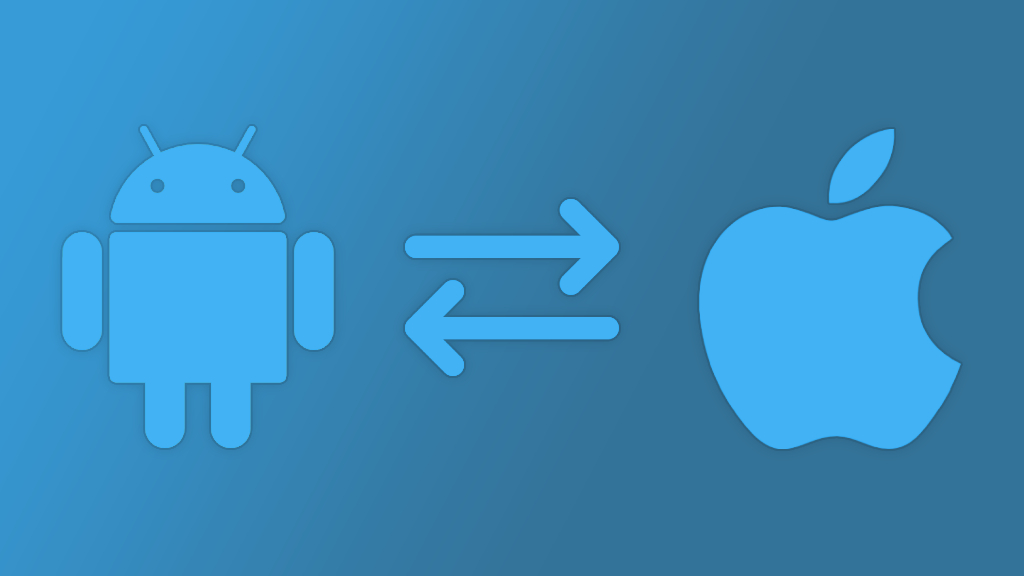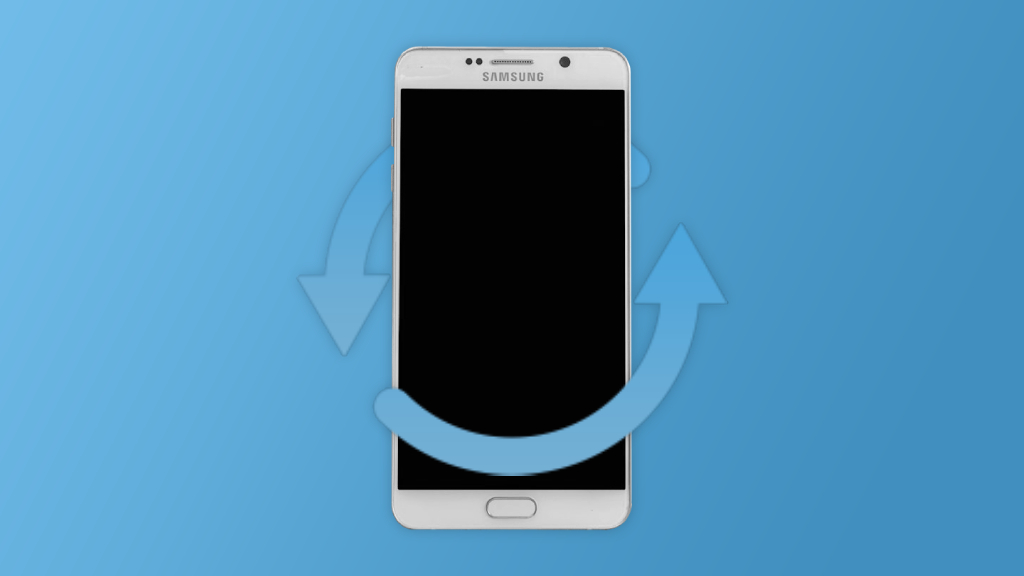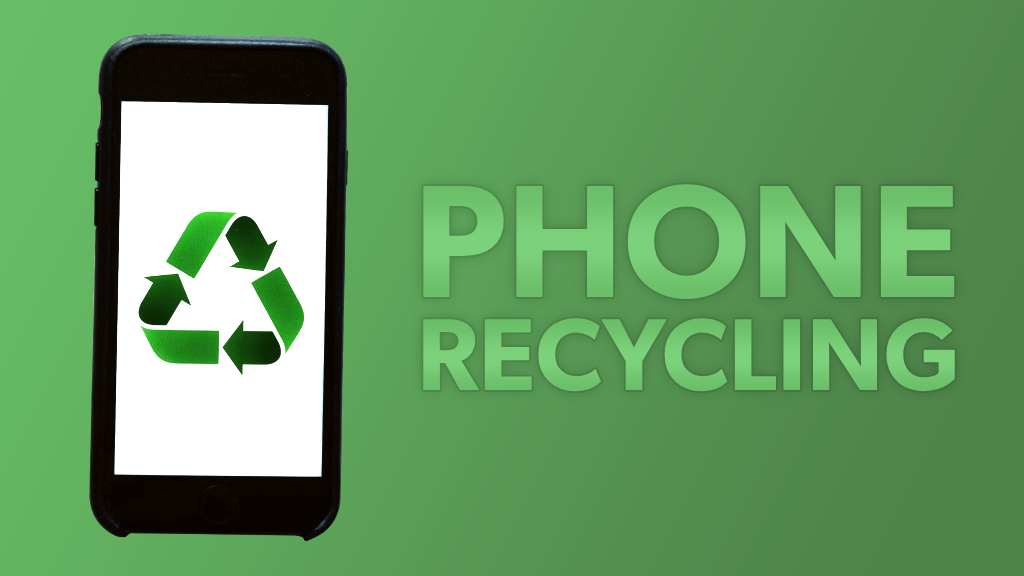Introduction
The mobile app industry continues to thrive in 2024, playing a vital role in daily life for billions of users worldwide.
With a staggering number of downloads across platforms like the Apple App Store and Google Play Store, apps have become indispensable tools for communication, productivity, and shopping.
Key Statistics
- App Downloads (2023): 113 billion on Google Play vs. 34.9 billion on Apple
- Revenue: $89.6 billion on Apple vs. $47 billion on Google
- Top Apps (March 2024): Facebook has 59 million downloads, Instagram has 58 million downloads, TikTok has 46 million downloads, and Threads with 24 million downloads
- Consumer Spending (2023): $171 billion
- User Engagement: 21% of Millennials open apps 50+ times/day.
Overall App Downloads
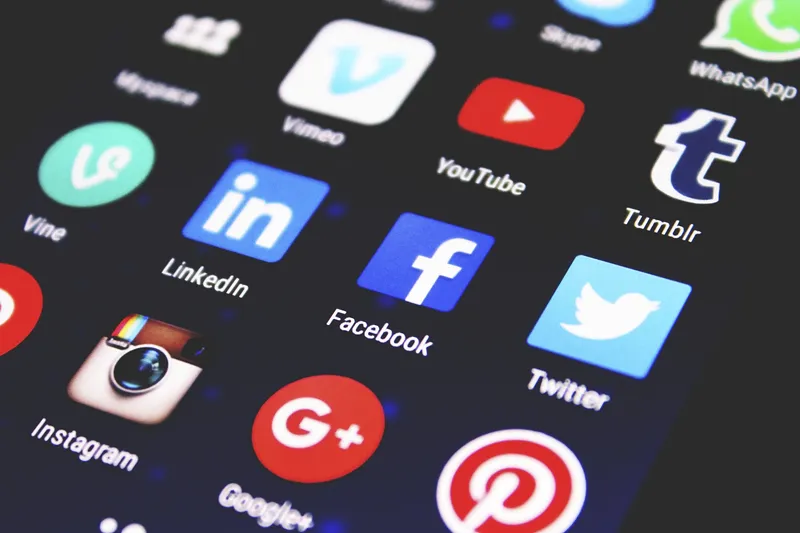
In 2024, global app downloads on both the Apple App Store and Google Play Store have experienced significant growth. The Apple App Store offers around 1.96 million apps, while the Google Play Store hosts about 2.87 million.
Google Play Store saw 113 billion downloads compared to Apple’s 34.9 billion in 2023. However, despite Android’s larger user base, the Apple App Store generated more revenue, with $89.6 billion compared to Google Play’s $47 billion, largely due to higher spending by Apple users on paid content and in-app purchases.
Gaming apps remain the most popular, accounting for 13.8% of Google Play’s offerings. The growing number of app downloads underscores the increasing importance of mobile apps in everyday life.
Developers and businesses are focusing more on apps as a primary tool for user engagement and revenue generation through strategies like in-app purchases and advertising.
Sources: BuildFire |Magenative |BusinessOfApps |BusinessOfApps
Top Downloaded Apps
In 2024, Meta’s apps, particularly Facebook and Instagram, continue to dominate global app download charts. In March 2024, Facebook led with 59 million downloads, closely followed by Instagram at 58 million. TikTok ranked third with 46 million downloads in the same period.
Meta’s newer app, Threads, a microblogging platform designed to rival X (formerly Twitter), saw 24 million downloads in March. While Threads started strong, it is still working to maintain consistent user engagement, though it remains popular, especially among younger audiences.
Meta’s dominance highlights the ongoing global popularity of its apps, particularly in social networking and messaging.
Sources: Statista
Consumer Spending on Apps
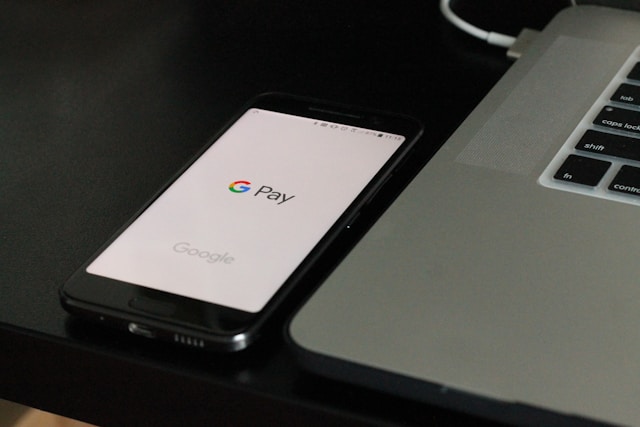
The mobile app market has seen significant growth in recent years, and this trend continues strong into 2024.
After a dip in 2022, consumer spending on mobile apps surged to $171 billion in 2023 and is expected to rise further in 2024. In-app purchases, subscriptions, and advertising are the key revenue drivers.
Around 48.2% of app earnings come from in-app purchases, while advertising is a major revenue source for free apps. Mobile shopping continues to expand, with mobile commerce expected to reach $856 billion by 2027.
Sources: Statista |TechJury |Statista
User Engagement
In 2024, user engagement with mobile apps remains exceptionally high, particularly among Millennials. About 21% of Millennials open an app more than 50 times a day, relying heavily on their smartphones for social media, messaging, shopping, and productivity. Overall, 49% of people open an app at least 11 times daily, highlighting the central role mobile apps play in daily routines.
This high level of interaction underscores how deeply mobile apps are integrated into modern life. Whether for checking notifications, or managing tasks, apps have become essential tools in our daily life.
Sources: BuildFire
Conclusion
The 2024 mobile app market is not just growing—it’s transforming how we interact with the digital world.
The explosive rise in app downloads and consumer spending reflects a deeper shift in behavior, where apps have become the backbone of daily routines, from communication to commerce. Meta’s dominance in social networking, alongside TikTok’s short-form video popularity, shows that user engagement is more than just numbers; it’s about the platforms that shape cultural trends.
As in-app purchases and mobile advertising continue to drive revenue, developers are trying their best to keep users hooked. With Millennials leading the charge, opening apps over 50 times a day, the future of the app ecosystem points to deeper integration into every aspect of our lives.
Frequently Asked Questions (FAQs)
Phonesaaz aims to guide users toward making informed purchase decisions by offering clear, jargon-free insights. It covers product comparisons, reviews, and targeted guides to address specific aspects of smartphone use.

